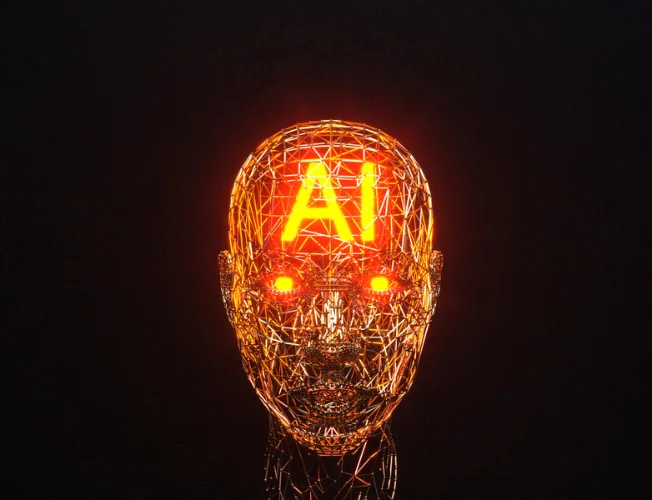Artificial intelligence (AI) has undoubtedly become a powerful force shaping our world. From revolutionizing industries to enhancing scientific research, AI’s potential for good is undeniable. However, like any powerful tool, it’s crucial to acknowledge and address the potential dangers and ethical concerns that can arise from its misuse. In this article, we delve into the darker side of AI, exploring the threats and misuses that demand our attention.
The Weaponization of Information: Deepfakes and Beyond
One of the most alarming misuses of AI is evident in the development of deepfake technology. This technology allows for the creation of highly realistic videos and audio recordings that manipulate a person’s appearance or voice to fabricate narratives or impersonate others. The potential for malicious actors to utilize deepfakes for disinformation campaigns, social manipulation, and even political interference is chilling. Imagine fake news videos portraying world leaders making inflammatory statements, or deepfaked financial reports causing market panic.
Beyond deepfakes, AI can also be weaponized to manipulate information streams and spread propaganda. Malicious actors can exploit social media algorithms to target specific demographics with misinformation, fueling societal divisions and eroding trust in institutions.
Bias Amplification: Feeding the Flames of Inequality
While AI algorithms are often praised for their efficiency, a critical concern lies in the potential for perpetuating and amplifying existing societal biases. If trained on data containing inherent biases, such as biased hiring practices or discriminatory news articles, AI algorithms can mirror these biases in their decision-making. This can lead to discriminatory outcomes, further disadvantaging marginalized groups in areas like loan approvals, job applications, and even criminal justice. Addressing historical biases in training data and implementing robust ethical frameworks within AI development are crucial steps to mitigate this risk.
The Panopticon’s Gaze: Privacy Concerns in an AI-Surveillance World
The integration of AI into surveillance technologies has also raised valid concerns about individual privacy. From facial recognition systems used for mass surveillance to AI-powered predictive policing, the lines between security and personal freedom are becoming increasingly blurred. The potential for misuse of such technologies, leading to unwarranted profiling, discrimination, and the stifling of dissent, cannot be ignored. Striking a balance between security and privacy in an AI-powered world requires transparent legal frameworks, robust oversight mechanisms, and public dialogue about acceptable uses of such technologies.
Conclusion: Navigating the Crossroads
Exploring the darker dimensions of AI is not to dismiss its potential for good. Instead, it is a call for responsible development and deployment, recognizing the inherent risks and actively mitigating them. By fostering open discussions, establishing ethical frameworks, and prioritizing human values, we can ensure that AI remains a force for positive change, rather than succumbing to its darker potential.
Read more.. Marketing News, Advertising News, PR and Finance News, Digital News.





